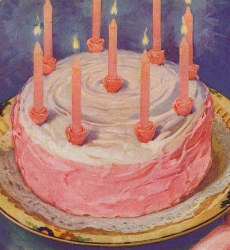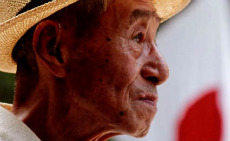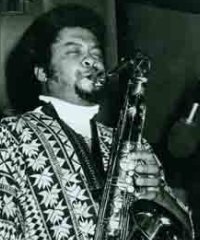Date: Friday, 29 October 2010
Time: 6:30 PM
Location: Nasher Museum of Art at Duke University
Contact Information: Kirston Johnson, 919-681-7963 or kirston.johnson(at)duke.edu
Join the Archive of Documentary Arts for an evening with documentary filmmaker James Longley. Known for his intimate and poetic portraits of individuals and families caught in the political turmoil of Iraq, the Gaza Strip, and Pakistan, Longley was awarded a MacArthur “Genius” Grant in 2009. His Oscar-nominated film, Iraq in Fragments, won the Full Frame Documentary Film Festival Grand Jury Prize in 2006. Arts advocate, author, and accomplished television interviewer Barbaralee Diamonstein-Spielvogel will facilitate the discussion.
This event inaugurates the Barbaralee Diamonstein-Spielvogel Visiting Filmmaker Series, established by Duke University with generous funding from the Diamonstein-Spielvogel endowment fund. The series will feature artists whose work addresses significant contemporary topics of social, political, economic, and cultural urgency. Filmmakers chosen to participate will have a recognized body of work and show promise of future contributions to documentary filmmaking. Visiting filmmakers will be invited to Duke for a two-day residency.
The Diamonstein-Spielvogel series is unique in its exclusive attention to documentary filmmakers with a global perspective. By giving Duke faculty and their students an opportunity to explore the films of socially-engaged filmmakers and discuss the work with them, this new series hopes to inspire and encourage the next generation of young documentarians.
The series is co-sponsored by the RBMSCL, the Program in the Arts of the Moving Image, and the Center for Documentary Studies.
Screen / Society will screen several of Mr. Longley’s films in the weeks leading up to his visit. Check the Screen/Society Fall 2010 schedule for additional details and contact information:
Iraq in Fragments **TONIGHT!**
Date: Wednesday, 13 October 2010
Time: 7:00 PM
Location: Griffith Film Theater, Bryan Center, Duke University
Sari’s Mother and Gaza Strip
Date: Wednesday, 20 October 2010
Time: 7:00 PM
Location: Griffith Film Theater, Bryan Center, Duke University











